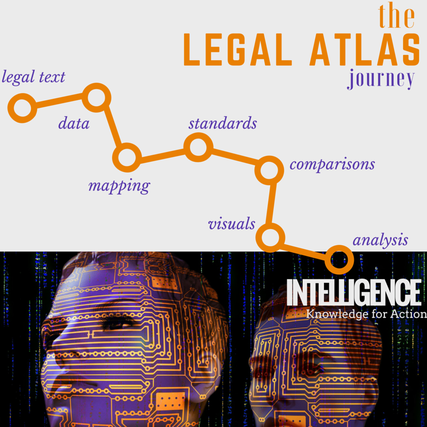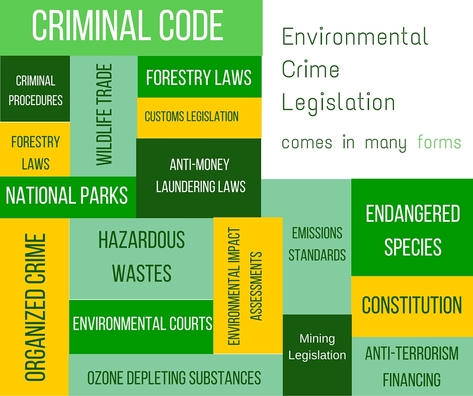This statement, which is not at all trivial given the complex nature of such crime, could be extrapolated to any other type of environmental crime, whether it is the production and trade of ozone depleting substances, the disposal of hazardous waste, or illegal logging. The truth is that grasping the concept and scope of environmental crime can be an overwhelming challenge, with the line between ‘legal’ and ‘criminal’ changing depending on the country; and with both the proceeds and resources themselves (air, water, forests and wildlife) crossing borders, often taking the discussion from the national to the transnational.
1 Comment
 We keep using the term 'legal intelligence' at Legal Atlas to refer to our platform and the type of service we're providing. But of course most people aren't familiar with the practice of law, let alone what this term might mean. From what we can tell, it's also fairly new in the industry itself. When we first started using it about five years ago, searching for it on the web didn't result in many hits. Things have changed: the term is gaining a following and tracks with advances in information technologies that in turn are pushing innovations in the legal industry. Yet, the web... being the democracy of opinions that it is... hasn't spontaneously generated one agreed upon definition and, as we scan the landscape, it occurred to us that this will create a bit of confusion. To help our readers, and eventually users of our platform, we thought it would be useful to briefly describe the trends we see associated with this term and explain where we think we fit in and how we're different.
|
Legal Atlas BlogPosts about law, legal development, and legal intelligence. AuthorsRegular contributors to this blog include the staff and directors at Legal Atlas. Categories
All
Archives |


 RSS Feed
RSS Feed